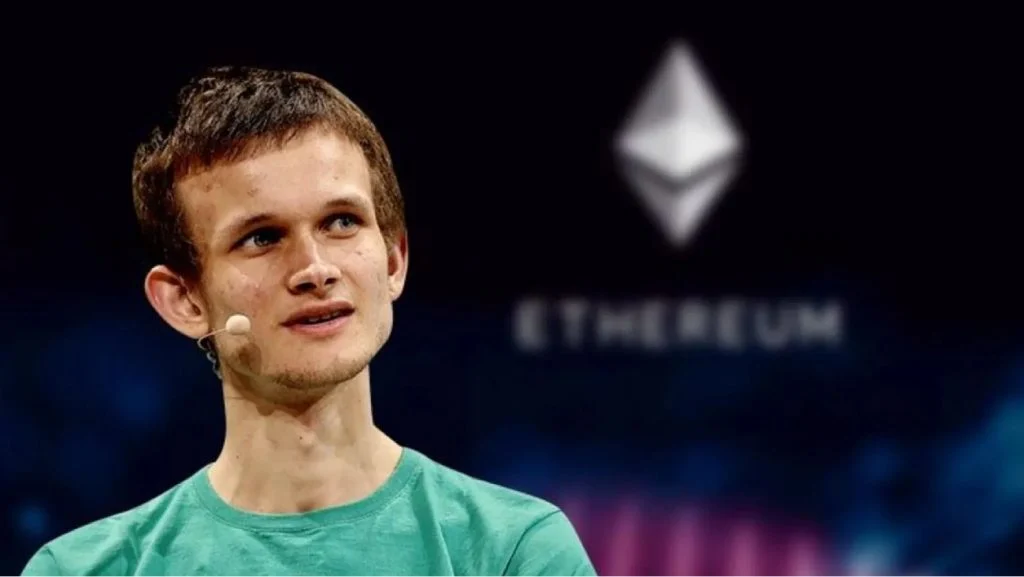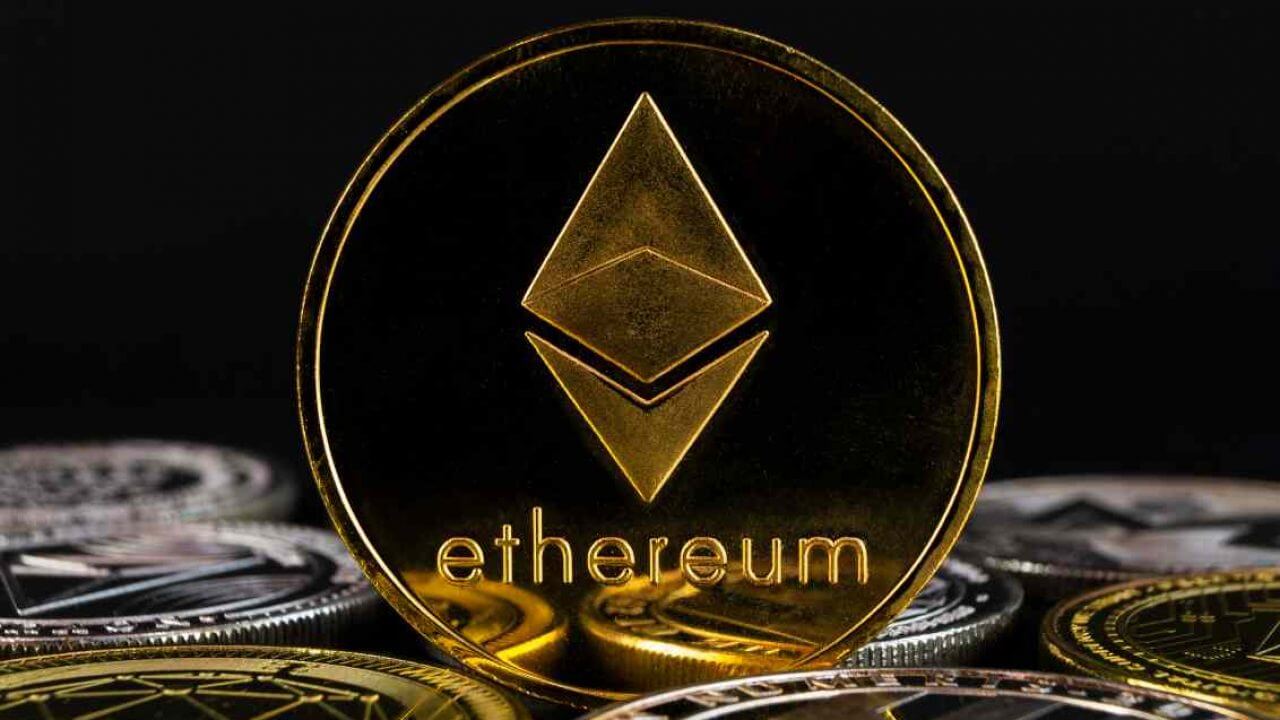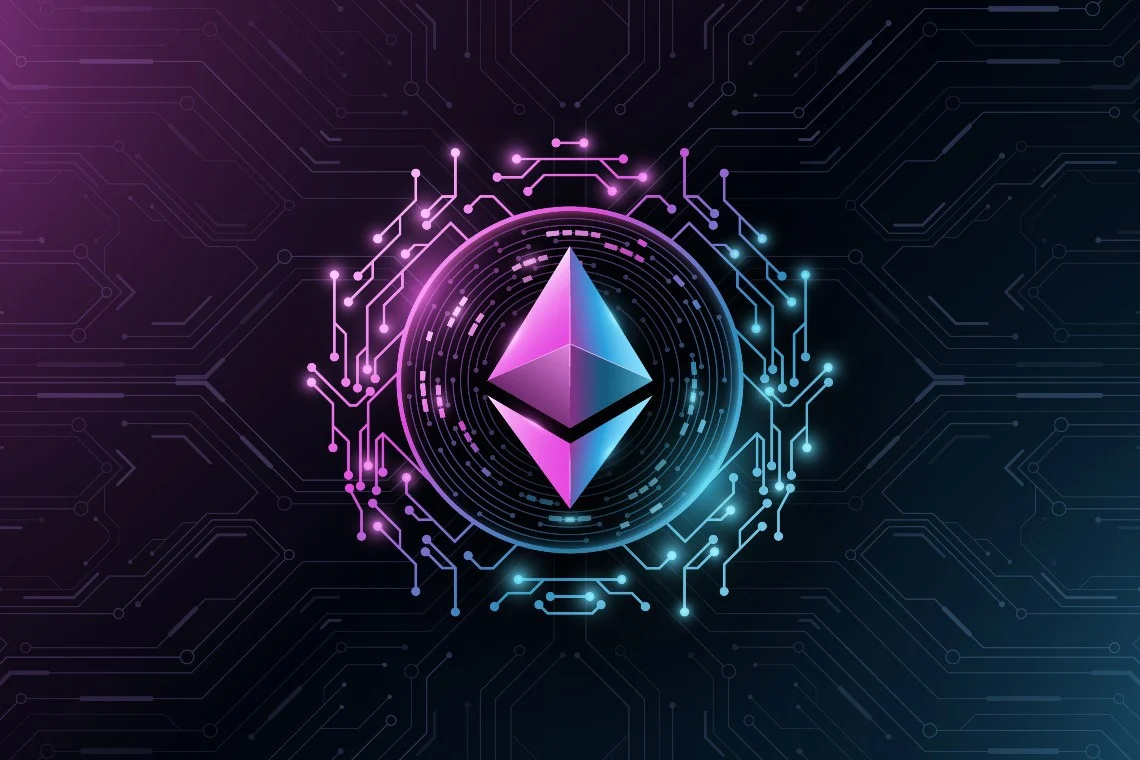|
Getting your Trinity Audio player ready...
|
At the recent Network State Conference 2024 in Singapore, Ethereum co-founder Vitalik Buterin unveiled a bold vision for the future of community living: “popup cities” and “network states.” This innovative concept aims to unite online communities in physical spaces, fostering political autonomy and collaboration. However, Buterin acknowledged that significant hurdles remain, particularly in governance and membership structures.
The Experiment – Zuzalu
Reflecting on his previous experiment, Zuzalu, Buterin shared insights from a gathering of 200 diverse individuals—from Ethereum developers to biotech entrepreneurs—who convened in Montenegro from March to May 2023. The goal was straightforward: create a temporary community to tackle pressing issues like human longevity.
Participants engaged in various activities, including healthy eating, yoga, and cold plunges, fostering a sense of belonging and well-being. Buterin noted the importance of the human element in this experiment, emphasizing that while the experience was enriching, it left unresolved questions about governance and future steps.
Governance and Membership Challenges
The crux of Buterin’s challenge lies in establishing effective governance frameworks and membership criteria for these network states. He envisions a system where communities can create their own regulations tailored to their needs, potentially rejecting the overregulation seen in many Western societies. However, the Zuzalu experiment highlighted the complexities involved in achieving this goal.
Buterin pointed out that while popup cities may have “product market fit,” the necessary relationships between these states must be cultivated. He warned against the tribalism prevalent in today’s social media landscape, labeling it “zero-sum and unproductive.” For network states to thrive, collaboration and constructive dialogue must take precedence over divisiveness.
A Path Forward
Buterin’s vision for network states was initially sparked by Balaji Srinivasan’s concept, which suggests a new framework that blends individualism with community values, potentially serving as a modern alternative to libertarianism. As he articulated at the conference, “To go further from here, the path depends on the goal.”
To actualize this vision, Buterin emphasized the necessity of resolving governance and membership challenges. The future of popup cities hinges on the ability to establish meaningful connections and frameworks that enable productive coexistence.
In conclusion, while Vitalik Buterin’s vision for network states is ambitious, it also reflects the pressing need for innovation in community governance. As he continues to explore this uncharted territory, the journey toward building cohesive, autonomous communities is just beginning, leaving us to ponder: what might the future hold for these “popup cities”?
Disclaimer: The information in this article is for general purposes only and does not constitute financial advice. The author’s views are personal and may not reflect the views of Chain Affairs. Before making any investment decisions, you should always conduct your own research. Chain Affairs is not responsible for any financial losses.
Crypto and blockchain enthusiast.




